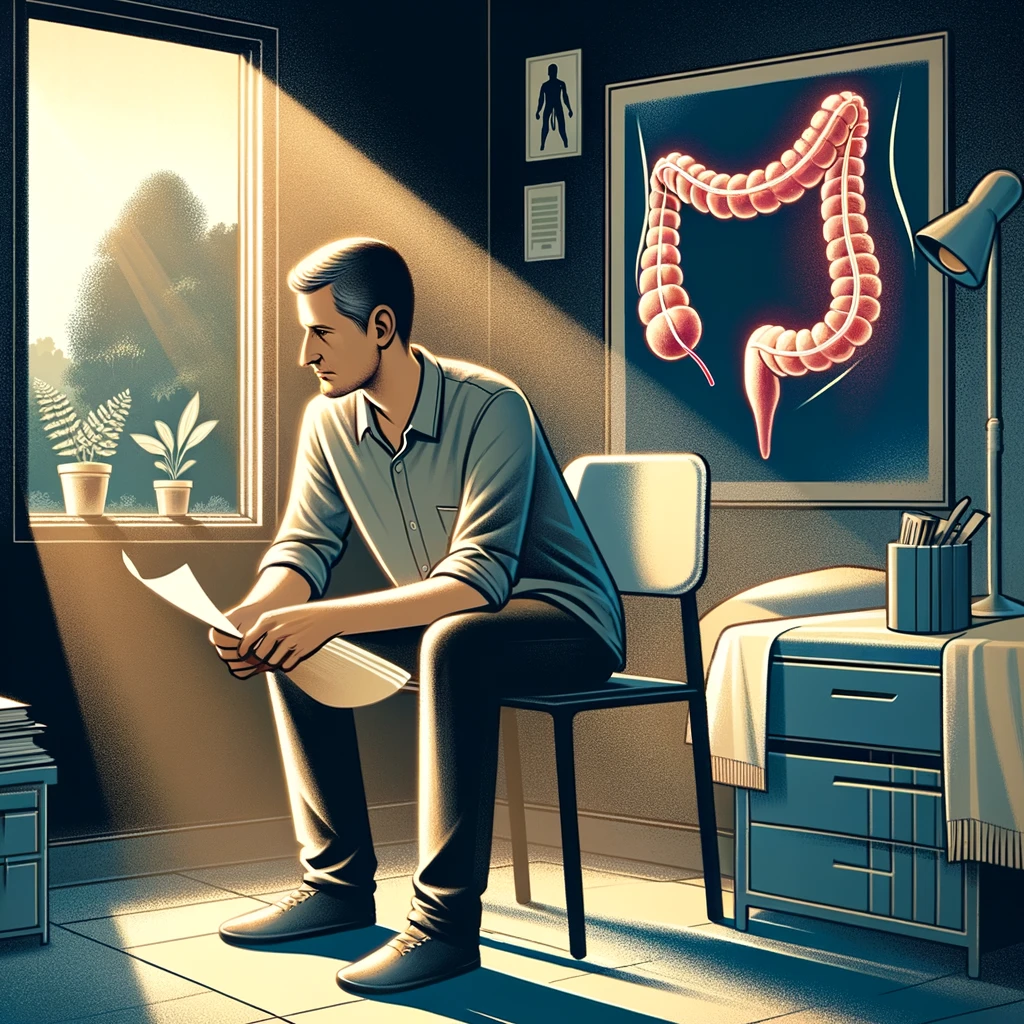Colorectal Cancer: Understanding the Causes, Symptoms, Diagnosis, and Treatment

Dr. Craig Smith, MD
4 Min read
Colorectal cancer, a type of cancer that originates in the colon or rectum, stands as a significant global health concern, ranking as the third most common cancer worldwide and affecting both men and women. A thorough understanding of the causes, symptoms, diagnosis, and treatment of colorectal cancer is essential for early detection and effective management.
Causes and Risk Factors
The development of colorectal cancer is multifaceted, influenced by a combination of genetic and environmental factors. Notably, individuals with a family history of colorectal cancer or specific genetic mutations, such as Lynch syndrome or familial adenomatous polyposis (FAP), face an increased risk. Other risk factors encompass age (with most cases occurring in individuals over 50), a personal history of colorectal polyps or inflammatory bowel disease, and dietary choices, particularly a diet high in red and processed meats.
Hereditary Conditions Associated with Colorectal Cancer
- Familial Adenomatous Polyposis (FAP): A rare genetic condition marked by the development of numerous polyps in the colon and rectum during adolescence. Prophylactic colectomy is often advised to prevent colorectal cancer, accompanied by regular surveillance and genetic testing for family members.
- Lynch Syndrome (Hereditary Nonpolyposis Colorectal Cancer - HNPCC): An inherited condition associated with an elevated risk of colorectal cancer and other cancers in various organs. Regular screenings, including colonoscopies and other surveillance measures, are recommended.
- MYH-Associated Polyposis: Involves the development of multiple adenomatous polyps in the colon, with surveillance through regular colonoscopies crucial, and prophylactic colectomy may be considered in specific cases.
- Hyperplastic Polyposis Syndrome: Characterized by numerous hyperplastic polyps in the colon, with surveillance through colonoscopies crucial due to the increased risk of colorectal cancer.
Symptoms
Colorectal cancer may initially manifest with subtle symptoms, making early detection challenging. Common indicators include alterations in bowel habits, persistent diarrhea or constipation, blood in the stool, abdominal discomfort, unexplained weight loss, and fatigue.
Diagnosis
Early diagnosis plays a pivotal role in successful colorectal cancer treatment. Screening methods, including colonoscopies, fecal occult blood tests, and flexible sigmoidoscopies, facilitate the detection and removal of precancerous polyps.
Stages of Colorectal Cancer
Colorectal cancer staging, based on tumor size, lymph node involvement, and metastasis, guides treatment decisions. Stages range from localized (Stage 0) to advanced (Stage IV).
Treatment Options
Colorectal cancer treatment involves a multidisciplinary approach tailored to the disease's specific characteristics and the patient's needs. Primary treatment modalities include surgery, chemotherapy, radiation therapy, targeted therapy, and immunotherapy.
Prevention and Screening
Prevention involves a healthy lifestyle and routine screenings. Adopting a diet rich in fruits, vegetables, and whole grains, engaging in regular exercise, and avoiding tobacco and excessive alcohol consumption contribute to lower risk.
Conclusion
Colorectal cancer remains a significant health challenge, but advancements in early detection and treatment have improved outcomes. A comprehensive understanding of causes, symptoms, and hereditary factors, coupled with routine screenings and a healthy lifestyle, plays a pivotal role in effective colorectal cancer management.